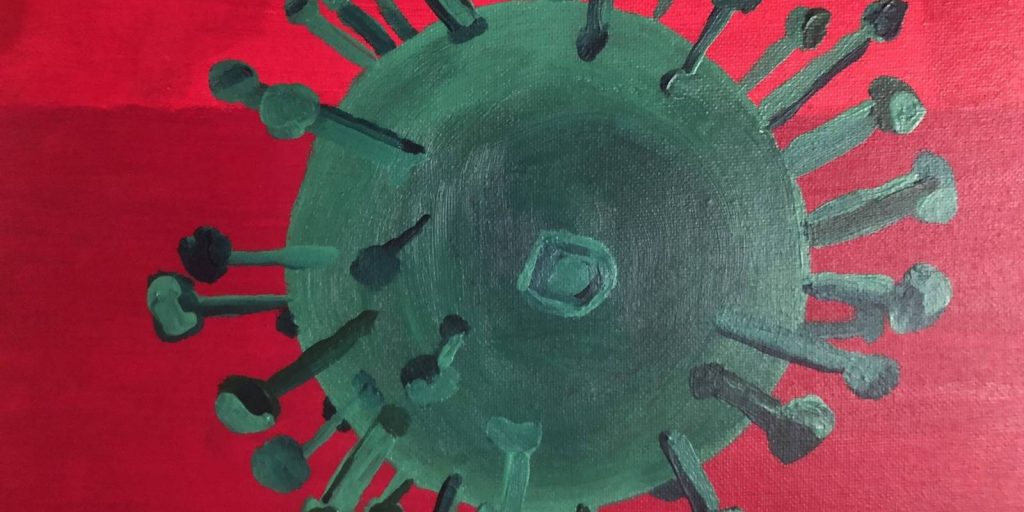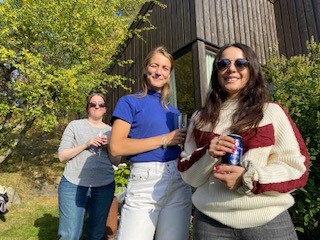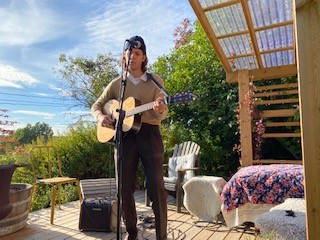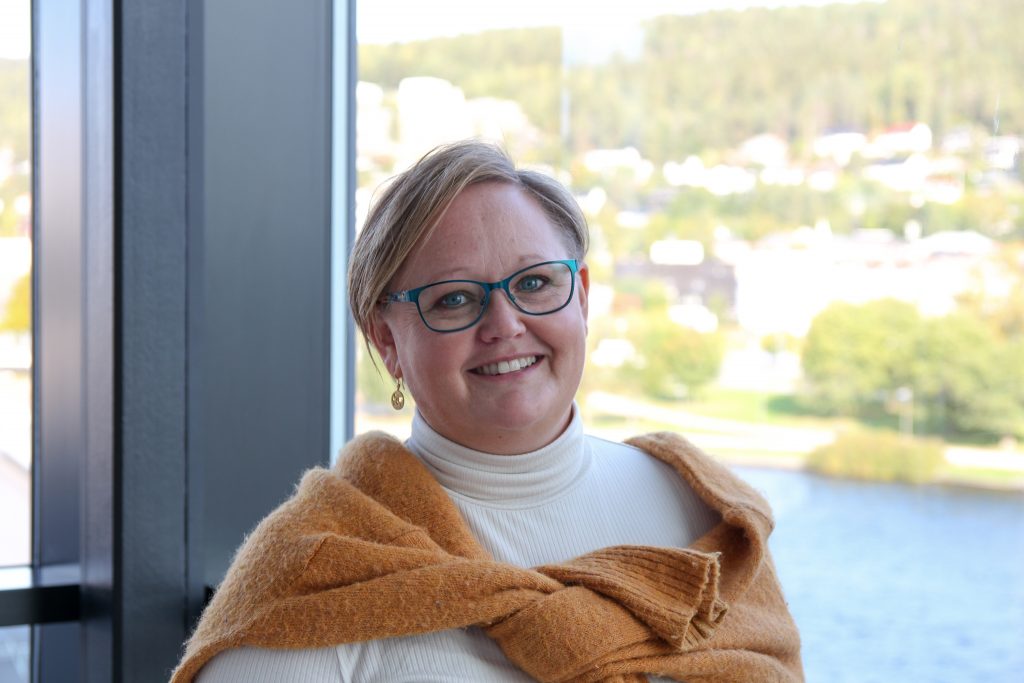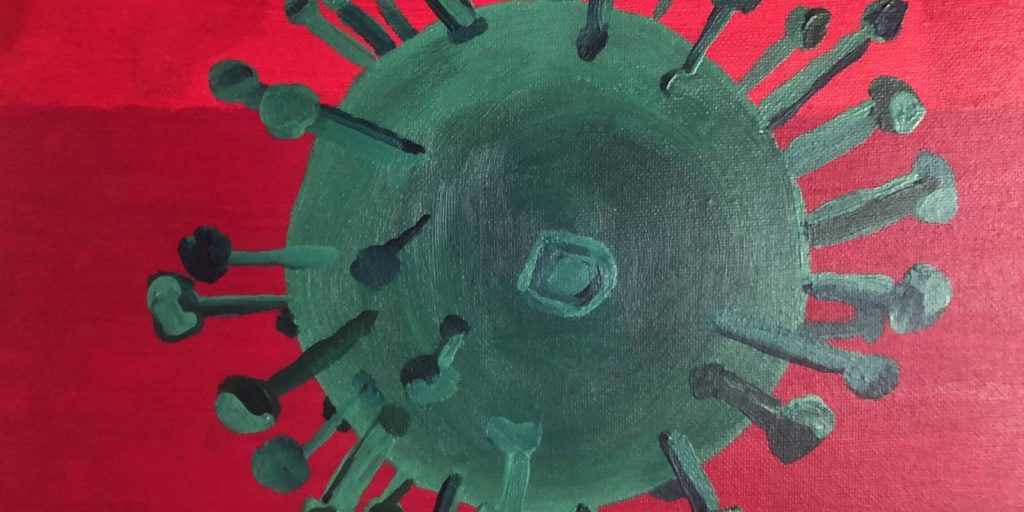PANSOC’s Marie Skłodowska-Curie Actions (MSCA) candidates will be presenting their proposals and preliminary insights. We hope you will join us to learn more about these exciting projects! This week only, we will have a delayed start at 1700 CET. Contact jessicad@oslomet.no if you need a Zoom link.
Alexandra (Sasha) Blinkova, Herzen State Pedagogical University (St. Petersburg)
Religion and COVID-19 in social media: a case of Russia and Belarus
COVID-19 is not the first pandemic the world has faced but it is the first pandemic that has changed religious practices and religious authorities’ structures worldwide due to the use of social media platforms in dissemination of religious views and services. Russia and Belarus, two Eastern European, predominantly Russian-speaking, former Soviet countries, are not unique in how religious sources of information influence the part of society that tends to rely on them in times of overwhelming stress and uncertainty like pandemic. Nevertheless, Russia and Belarus are an intriguing case for comparison because while they are both predominantly Orthodox Christian societies and belong to the same religious organization, i.e., the Russian Orthodox Church (Moscow Patriarchate), the level of societal trust in church authorities in Russia and Belarus varies greatly. In particular, due to dramatic changes in Belarus for political reasons, information coming from official religious sources is expected to be considered less trustworthy and valuable by the recipients. This project will explore whether this hypothesis also applies to unofficial religious voices on social media platforms, such as bloggers (both clergy and lay), journalists, and celebrities. Moreover, it will determine whether religious infodemic, an epidemic of religious information in this case related to coronavirus, has a detrimental effect on shaping attitudes towards vaccination and recognizing COVID as a real health risk for everyone.
Ana Vuin, Charles Darwin University
Regional Health Professional’s experiences during the COVID-19 crisis: Is there a mismatch in between the theory and practice?
COVID-19 Pandemic affected communities worldwide and had a massive impact on the livelihoods of both urban and rural populations and their physical and mental well being. However, there is a limited understanding of challenges regional practitioners and allied health professionals go through during the COVID-19 Pandemic. The available literature is more focused on the ‘general’s public trust, confidence, mental health and challenges’ rather than exploring such matters on a healthcare (provider) level. Even before COVID-19 Pandemic, Regional communities were struggling with the limited numbers of health facilities, healthcare options, reduced staff, challenging process of recruitment and retention, mental health support (including building rapport in such circumstances), so the additional burden of Pandemic can only contribute to the already existing challenges healthcare professionals experience in these areas. My research aims to explore the initiatives and strategies that were developed to support the health professionals during these times, and compare them with the lived experiences of Norwegian (and potentially Swedish) regional health professionals amid COVID-19 Pandemic. The common knowledge is that the realities of ‘regional or rural’ living are different from urban, therefore the healthcare professionals practicing in such areas will have significantly different experiences too. For that matter, it is necessary to hear their voices and explore their perspectives, challenges, and coping mechanisms as they are the backbone of these communities- providing healthcare services to vulnerable populations.



